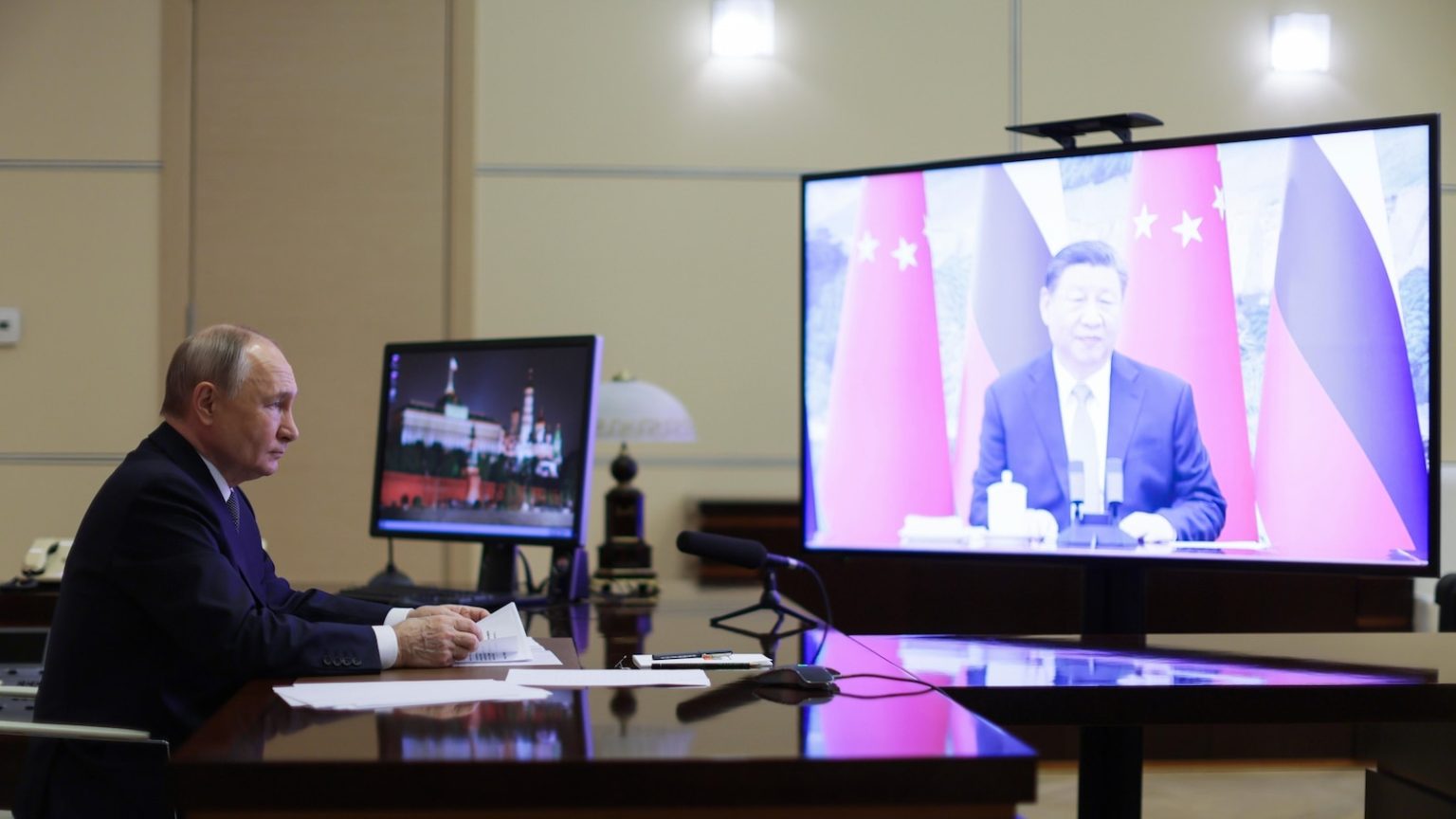Understanding the Impact of Trump’s Ukraine Policy Shift on Taiwan and China
The article explores how a recent shift in U.S. policy under President Trump towards Ukraine could influence China’s stance on Taiwan. Here’s a structured summary of the key insights:
-
Policy Shift and China’s Reaction: Trump’s abrupt reversal on Ukraine, including false claims and direct talks with Moscow, has raised concerns that China might be emboldened to pursue its territorial claims on Taiwan. However, experts suggest China is likely adopting a wait-and-see approach, observing developments in Europe rather than acting immediately.
-
Trump’s Popularity and Shift in Rhetoric: Despite being popular in Taiwan during his presidency, Trump has recently criticized Taiwan, suggesting it should pay for U.S. defense and accusing it of economic practices detrimental to U.S. interests. This shift in rhetoric has caused uncertainty about U.S. commitment to Taiwan’s defense.
-
Appointment of China Hawks: Trump’s administration includes officials known for tough stances on China, such as Marco Rubio and Pete Hegseth. Hegseth emphasized focusing on the Asia-Pacific region, hinting at a strategic shift that could impact Taiwan’s security landscape.
-
Diplomatic Signals and Beijing’s Response: The U.S. State Department’s removal of language opposing Taiwan’s independence and Hegseth’s comments on prioritizing the Indo-Pacific have drawn Beijing’s attention. Experts believe China might use the U.S. policy shift to question American reliability as a global partner.
-
Strategic Intent and Global Implications: Some experts, like Euan Graham, suggest the U.S. might be strategically managing Ukraine to focus on China. However, this approach is seen as risky, setting a concerning precedent for international relations.
- Conclusion and Future Outlook: While the situation is uncertain, both the U.S. and China are focused on strengthening their positions. The U.S. policy shift on Ukraine has implications but does not necessarily indicate a similar approach towards Taiwan. Experts caution against assuming direct parallels between the two situations.















